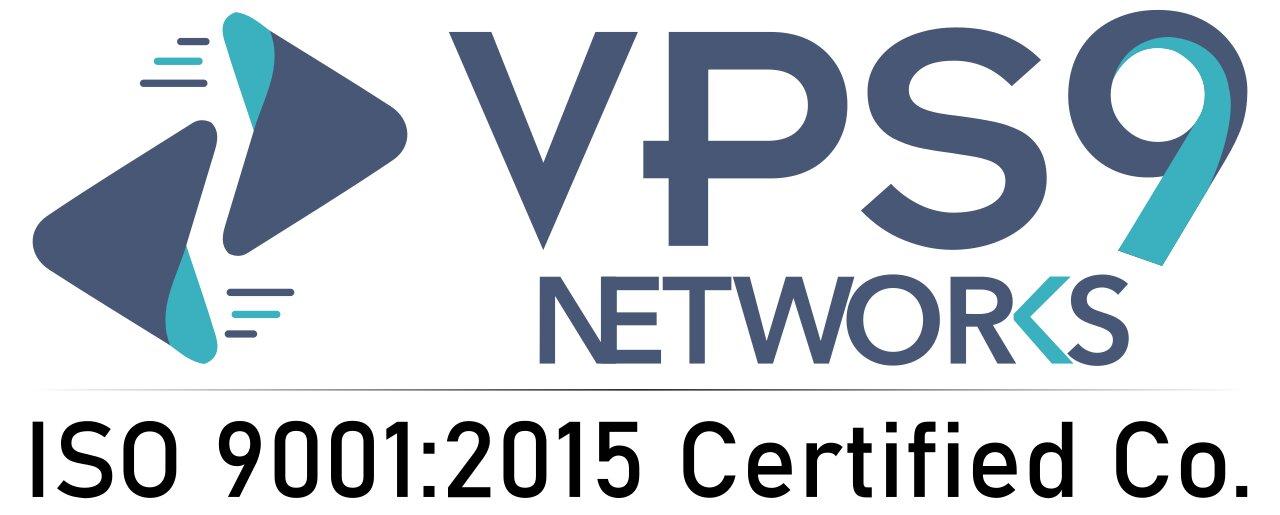Generally localizing your website will require an investment of effort, time, and resources
Mainly let’s discuss, how will you influence the success of your efforts? For example, let’s say you are going to be localizing your website for locations wise where they speak different languages while these languages are written in the same way right?…

The invaluable tool for testing your localization would be a VPN or proxy server, you can connect to your own website as if you are connecting from anywhere in the world. In the above case, you could use a VPN on your smartphone to connect to your website from a location-based server.
Well, I have listed some crucial steps on website localization check this out…
Identify your Target Audience/ Market
Majorly localization cost goes up with the number of languages you want to work with and the locations or countries you want to target. If your core client/customer base is in one or two countries. Identify your target audience/market and where you think your product will be more successful. Analyze the countries carefully which are more likely to bring in a greater ROI for your website localization project.
Going global without proper research is careless and unadvisable. Conduct specific research in each geographic region you want to approach. If your product is partially popular and more demand in one region, stick out there. Try to analyze simple but essential questions like:
- How much competition is there?
- Can your products be affordable by local buyers?
- How much your customer support and transportation costs for you?
- Do specific markets have an interest in your product?

What is the market growth rate? These are the few things you need to keep in mind. It’s important to reach a greater number of potential customers without spending more.
Keyword Research
Don’t forget to get keyword research done. It is important that you should get your lists of keywords prepared. That exactly or broadly should match with terms that potential customers are searching for. That usually includes metadata, keyword density in your site, and external link anchors you use to point to your company.
Make sure to use key search terms in all aspects like optimizing in website and content, later which will be reflected in the search engine result page.
And one more thing you need to note that not everyone in the world’s go-to search engine is Google. In China they use Baidu and in Russia, most of them use Yandex if your marketing globally.
Utilize right translation management software
Your translation management software will act as a coordinator and project manager. And it should have several key features like:
- API-Application Programming Interface – It allows the developers to add functionalities to their applications and speed-up the development process which plays a very important role in the backend process.
- Collaboration with team members- You have to make sure that your projects running smoothly so far. Effective communication can make big changes in the workflow like, notes, comments, leave feedbacks, tags, in all one place.
- Translation Memory-It will help to store your records and terms used regularly, which cuts down your repetitive works.
Localization Testing
Test before launching to ensure all words and translation are accurate and readable. Which includes Grammatical mistakes, Misuse of keywords, Inappropriate texts.
Closing thoughts:
If you do right localization in the right way by focusing on the right audience, management software, and testing which will help to gain success in Website Localization.





Leave a Reply